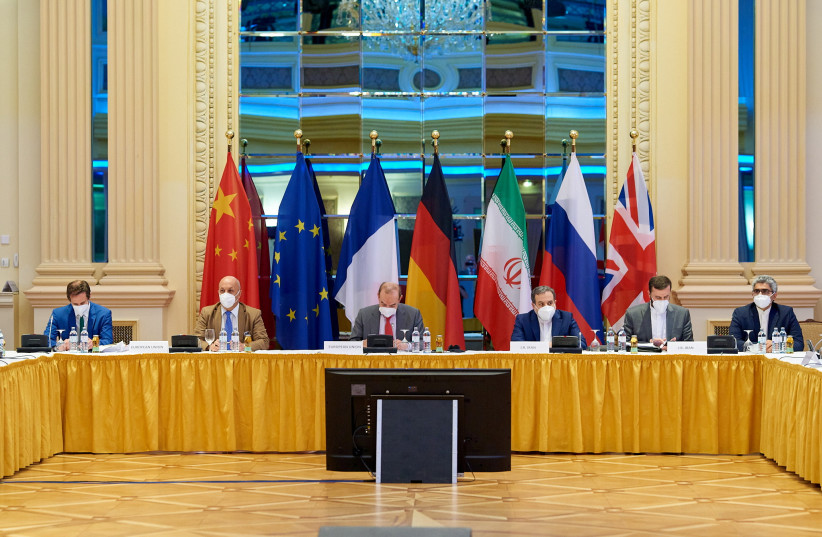The United States, Britain, France and Germany want the UN nuclear watchdog's board to pass a resolution calling it "essential and urgent" for Iran to explain uranium traces found at three undeclared sites, their text seen by Reuters showed.
The draft resolution was sent to other countries on the 35-nation International Atomic Energy Agency Board of Governors on Friday ahead of a quarterly meeting that starts on Wednesday. It also comes the day after the IAEA issued a report, also seen by Reuters, on the years-long investigation into the traces.
Iran has agreed to hold a meeting with IAEA officials in Tehran after next week's board meeting to make progress in the stalled inquiry.
The issue has been an obstacle to wider talks on reviving Iran's 2015 nuclear deal with world powers, as Tehran has demanded an end to the investigation in those talks.
What does the resolution say?
"(The Board of Governors) decides it is essential and urgent ... that Iran act to fulfill its legal obligations and ... take the following actions without delay," said the text, dated Friday and listing actions such as providing credible explanations for the traces.

Other actions listed included "provide all information, documentation, and answers the Agency requires" and "provide access to locations and material the Agency requires, as well as for the taking of samples as deemed appropriate by the Agency."
The draft text, which would need to be passed by a simple majority of board members, also said the board "expresses profound concern that the safeguards issues related to three undeclared locations remain outstanding due to insufficient substantive cooperation by Iran."
The board passed a similar resolution in June, when only China and Russia opposed it. Iran tends to bristle at such resolutions - it responded to the last one by removing IAEA surveillance cameras and other monitoring equipment installed under the now largely hollowed-out 2015 deal.
Since then, Iran has installed hundreds more advanced centrifuges, machines that enrich uranium, increasing its ability to enrich well beyond the limits set by the 2015 deal, which it began breaching in 2019 in response to a US withdrawal in 2018 under then-President Donald Trump.
